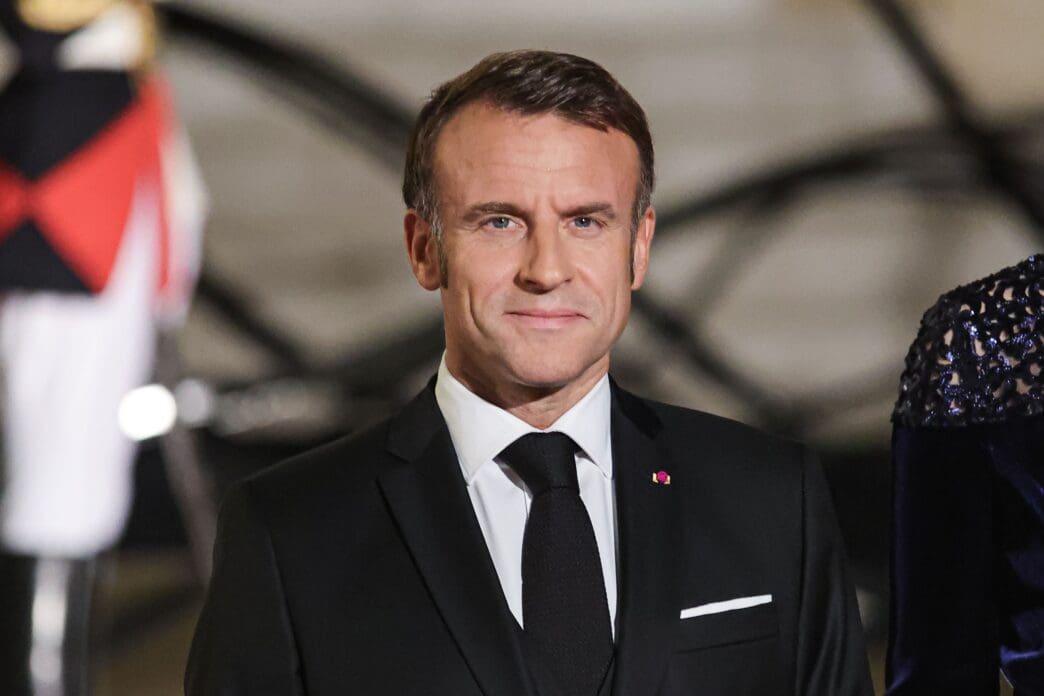Executive Summary
The Story So Far
Why This Matters
Who Thinks What?
French Prime Minister Sébastien Lecornu’s government collapsed on October 6, 2025, less than a month after its formation, plunging France into renewed political uncertainty. The resignation, the shortest tenure for a prime minister in the Fifth Republic, triggered negative reactions in financial markets, with the benchmark French stock index slumping by 3 percent and government borrowing costs rising. President Emmanuel Macron now faces a limited set of difficult choices, including appointing a new prime minister, calling snap elections, or, as some opposition figures suggest, resigning.
Government Collapse and Market Reaction
Lecornu submitted his government’s resignation after opposition parties and former minority coalition partners reacted with strong disapproval to his Cabinet appointments. Many of the named ministers were either holdovers from the previous administration or had served in high-level posts, which was perceived as a failure to deliver on a promised break from past policies.
The political instability immediately reverberated through financial markets. France’s benchmark stock index experienced a significant downturn, while the cost for the French government to borrow for 10 years climbed to 3.57 percent, nearing its annual high.
Macron’s Dilemma and Political Context
President Macron is confronted with a challenging political landscape. His options include appointing a fourth prime minister, which risks prolonging the crisis, or dissolving the National Assembly to call new snap elections. A less likely, but increasingly vocal, call from both the left and right is for the president himself to resign.
The current turmoil stems significantly from Macron’s decision to call snap parliamentary elections in the summer of 2024, which resulted in a hung parliament and no single bloc capable of forming a stable governing majority. This has led to a series of short-lived governments and a persistent political deadlock.
Budgetary Implications
The government’s collapse also creates a significant budgetary crisis. Prime Minister Lecornu was scheduled to present France’s budget plan for the upcoming year in the coming days. With the government’s resignation, the budget’s future is uncertain, raising concerns that it may not be approved by year-end. This scenario could force France to operate under a copy-pasted budget, as it did in early 2024, potentially complicating its commitments to the European Commission regarding deficit reduction targets.
Opposition Responses and Calls for Resolution
Far-Right Demands
Far-right leaders Marine Le Pen and Jordan Bardella of the National Rally have reiterated their calls for new parliamentary elections. Bardella emphasized the need for stability, stating that “The sooner we get back to the polls, the sooner we’ll regain some stability.” He also announced his departure for Strasbourg to participate in a no-confidence vote against European Commission President Ursula von der Leyen, protesting recent trade deals with Mercosur countries and President Donald Trump, though this motion is widely expected to fail.
Far-Left Perspectives
The leader of the far-left France Unbowed movement, Jean-Luc Mélenchon, has pointedly blamed President Macron for the crisis, accusing him of ignoring the results of last year’s parliamentary elections and recent protest signals. Mélenchon and his party are advocating for a new presidential election, following either Macron’s resignation or a “demotion,” and are open to resurrecting the New Popular Front alliance with other left-wing parties should new parliamentary elections be called.
Divisions Within the Left
Despite calls for unity from France Unbowed and the Greens, the left-wing parties remain deeply divided on a common strategy. Green leader Marine Tondelier indicated that a proposed meeting of leftist parties would not occur due to internal rifts. Socialist MP Arthur Delaporte, while favoring a new government led by left-wing and centrist forces, attributed a share of the responsibility for the turmoil to France Unbowed and rejected Mélenchon’s legitimacy to convene a joint meeting.
Conservative Discontent
Conservative leader Bruno Retailleau, who serves as president of the Les Républicains party, attributed the government’s rapid collapse to Prime Minister Lecornu’s alleged withholding of information. Retailleau specifically cited Lecornu’s decision to appoint Bruno Le Maire, a long-serving economy minister closely associated with Macron, as the new minister for armed forces without his prior knowledge. This move, according to Retailleau, undermined trust and contradicted any promise of a significant break from previous administrations.
Outlook
As France grapples with its latest political crisis, the path forward remains uncertain. The president faces immense pressure to find a solution that can restore governmental stability and address the country’s pressing budgetary concerns, all while navigating a deeply fragmented political landscape where calls for new elections or even the president’s resignation are growing louder.








